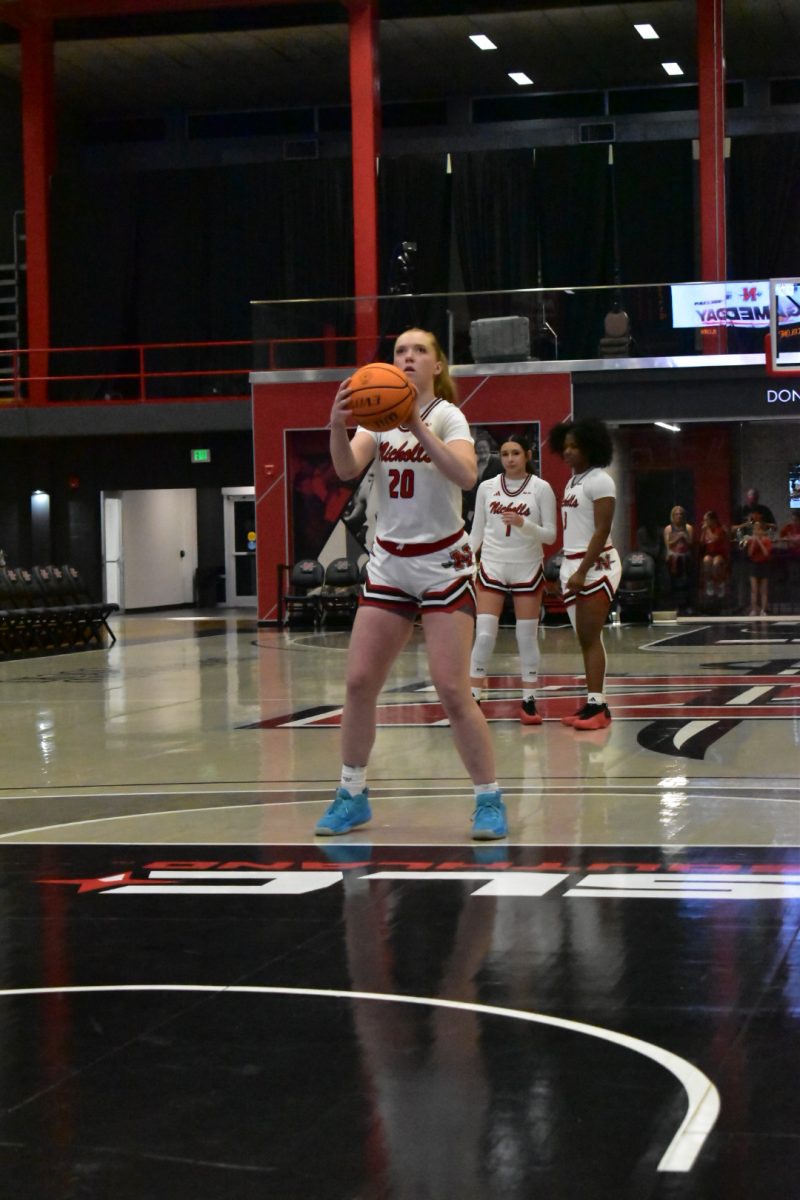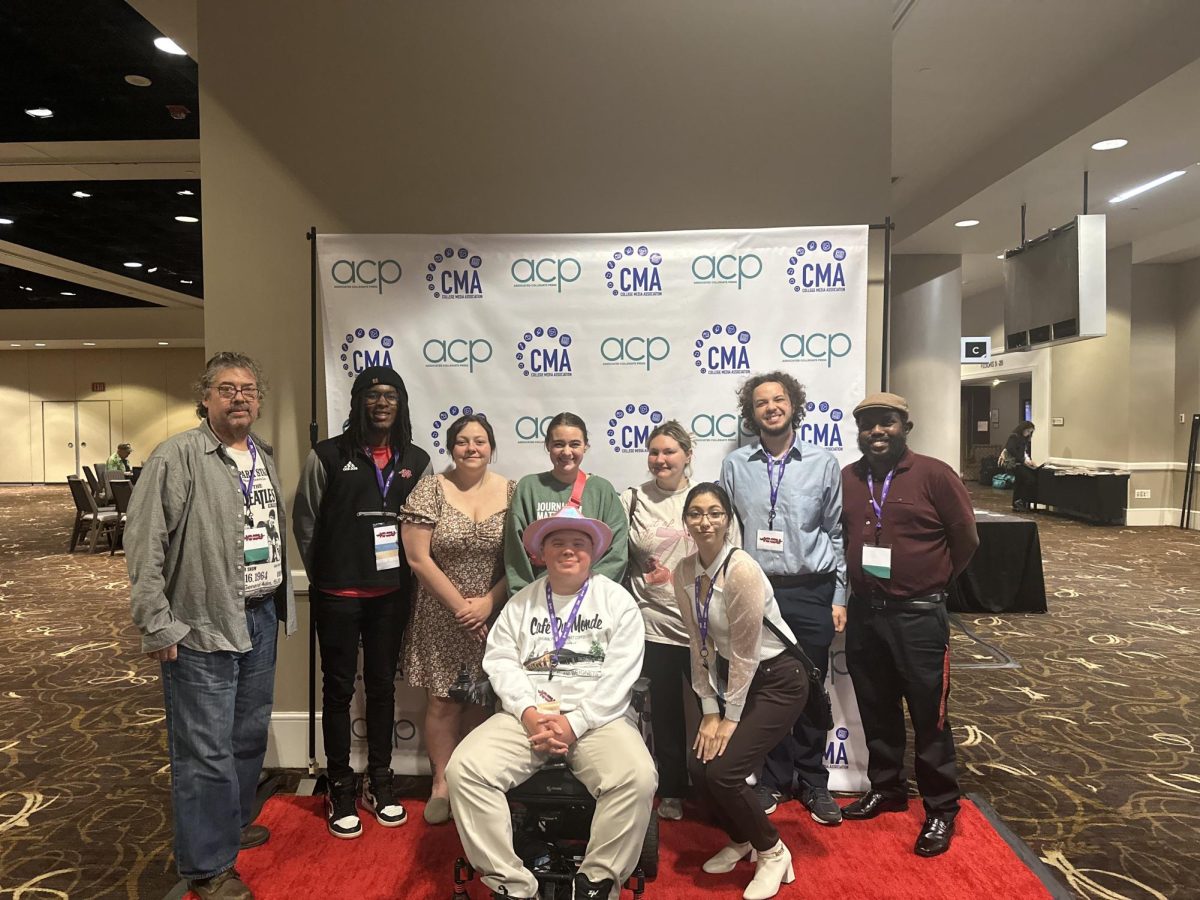Imagine you’re a 12-year-old girl and all you can think about are boys, Barbies and – lawsuits? That’s the order of the day for little Brianna LaHara who was recently slapped with a lawsuit from the Recording Industry Association of America (RIAA), the organization responsible for representing those poor, starving recording artists like Dr Dre and Sheryl Crow.
The RIAA announced in June that they would be targeting those people who share music online through peer-to-peer networks like Kazaa and Morpheus. Also known as file sharing, peer-to-peer networks offer software that allows you to download music online from other people’s computers.
From a very basic, black and white standpoint, file sharing is illegal because it technically violates copyright laws by the fact that you didn’t pay for the songs you have downloaded. However, nothing in life is ever just black and white; most issues are gray. This one is no exception.
I absolutely disagree with this policy, not because I’m a kleptomaniac or anything, but because there is a total difference between copying music for personal use and copying music for commercial use. I have serious doubts that Brianna had some kind of mass production operation set up in the public housing unit she shares with her mother.
While the RIAA purports to help its clientele by pursuing these suits, how will consumers react to this? Given that consumers are probably already upset about the price of their entertainment, as indicated by the proliferation of these types of programs and the decline in music sales, it’s doubtful record companies will be celebrated for this crusade. I wonder if any of these artists realize that without people to purchase their products, they don’t have a job.
These record companies, their executives and the artists they employ will make more money than your Nicholls education will ever earn for you. Yet, you might be the next person they target, facing fines from $750 to $150,000 per song and possible jail time.
If you’re one of the over 60 million Americans who have participated in this activity, you can visit the Electronic Frontier Foundation (EFF) at http://eff.org. EFF is an organization that is dedicated to helping American citizens maintain their civil liberties in this age of technology. On their site, you can sign a petition to keep peer-to-peer sharing legal, check their database to see if the RIAA is monitoring your downloading activities and read about recent court cases on this issue.
As for me, I think I’ll just listen to the radio. I’ll deal with the censorship and commercials if it means not ever giving those money hungry bastards another dime for the rest of my life.
Share This
Melissa Dupre
•
September 18, 2003
0
More to Discover







